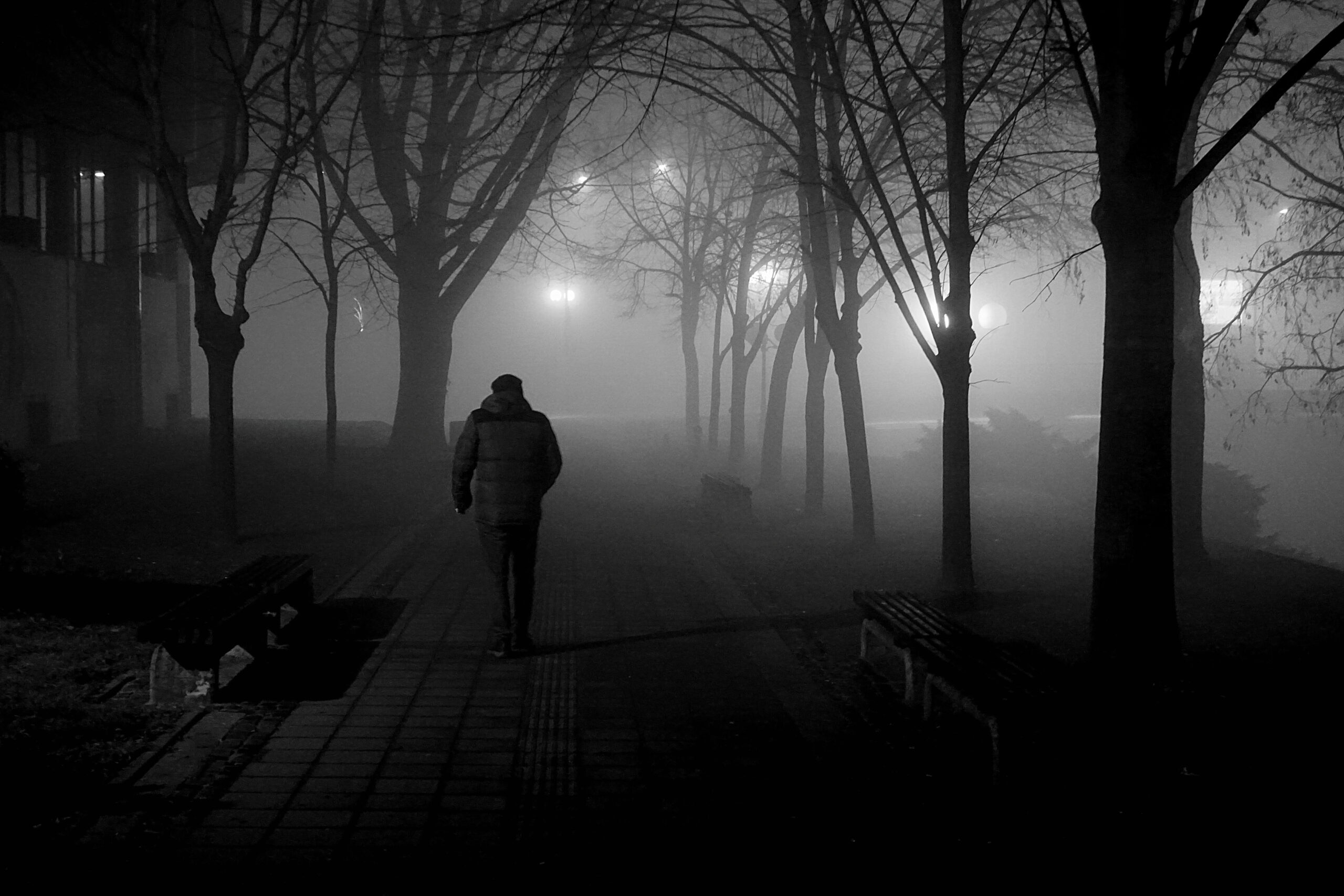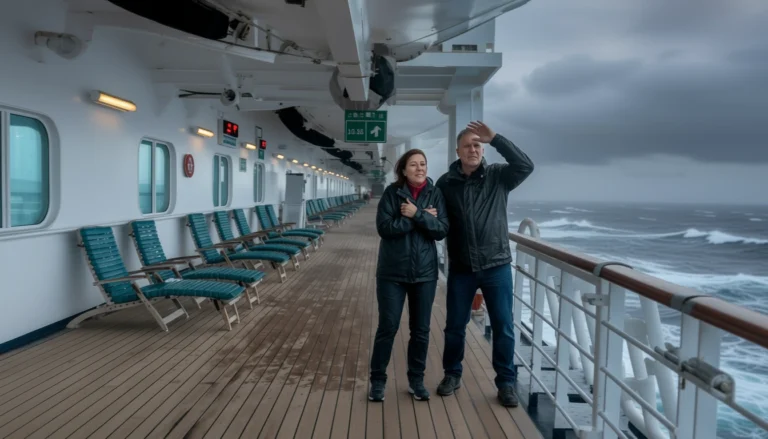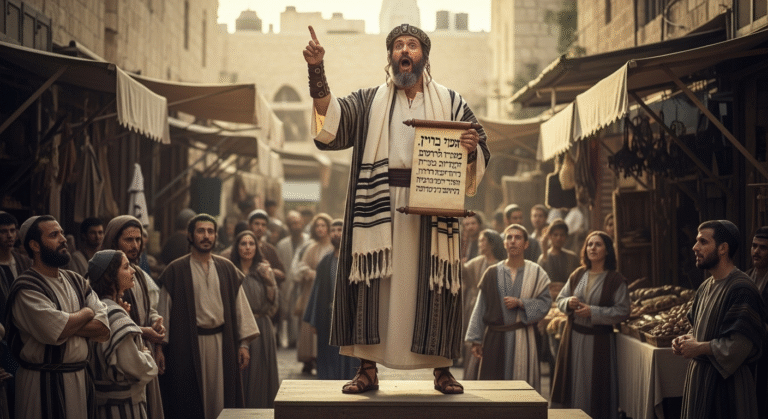The Shadow of Grace
For several years in my forties, I started my days before sunrise—out the door by 5 a.m., paper coffee cup in hand, before breakfast and ahead of the school-day rush.
I’d walk a few blocks down cracked, uneven sidewalks to a small park by a wide concrete drainage culvert. On either side, a narrow, grassy path stretched about two city blocks. At the end was a broad, paved track looping around several more blocks of the culvert.
About a mile in, my back would start complaining, ready for a break. A block or two ahead stood a cold steel bench—my usual stopping point.
Nearly always, it was dark and quiet—the steady buzz of what folks say are locusts, sometimes a distant dog howling across the neighborhood.
During those quiet breaks, my thoughts would bounce between big, important things and plain everyday stuff—like the new cedar picket fence going up in a backyard along the path, or what all those electrical boxes on the weathered pole were for.
One morning, after months of stopping at that bench, I noticed the floodlight casting a giant shadow onto the drainage ditch before my eyes. Somehow, I’d missed it before, but today it filled my thoughts. I sat, pressed back against the bench, not moving—trying to figure out what this massive silhouette was, right there by the walking path, that I’d ignored for so long.
A few minutes passed until my watch reminded me it was time to get moving. I stood up, turned around, expecting to finally see the behemoth behind me. But—nothing. I turned back, confused, glanced at the floodlight, and traced its beam through the dark. That’s when it hit me—the “giant” was nothing more than a steel 55-gallon trashcan, mounted at an angle on a sturdy steel pole.
Shaking my head in amusement, I tossed my paper cup into the can and continued down the path, but couldn’t get the trashcan out of my mind. There it was, just doing its job, probably invisible to most people passing by. All it took was one bright floodlight, and suddenly its shadow stretched far and wide—telling a whole different story. That’s the point, isn’t it? What’s ordinary in us can become extraordinary when God shines His light.
For years, I’d questioned my place in God’s world. There were times I questioned whether someone as ordinary as me could play any meaningful part in God’s story.
But that trashcan encounter started a process that changed my thinking. If God could make an ordinary, even filthy, trashcan appear massive, why couldn’t He do something through me? I know, as the scriptures say, I am but dust—very flawed dust at that. But that’s no surprise to God, and no hindrance to His plans. What I needed most was simply to say, “Here I am, God. Here I am.”
That morning made me think of Moses and the burning bush. He was just an ordinary man, tending sheep in what, to my mind, was the middle of nowhere, when God grabbed his attention with something extraordinary—a bush that burned but wasn’t consumed. Moses stopped, amazed, and went to see what God was doing.
God called him by name. Moses replied, “Here I am.” Then God shared His heart—He saw the suffering of His people and was coming down to bring rescue and hope.
But the real shock for Moses came next:
“Now go, for I am sending you to Pharaoh. You must lead my people Israel out of Egypt.”
Moses protested, “Who am I to appear before Pharaoh? Who am I to lead the people of Israel out of Egypt?”
Nobody with a bit of humility would criticize Moses. We’ve all wondered if we’re qualified. And the answer God gave Moses is the one He gives us too:
God answered, “I will be with you.”
It isn’t about who we are, but about Who goes with us.
. . . and that’s what I know today.






